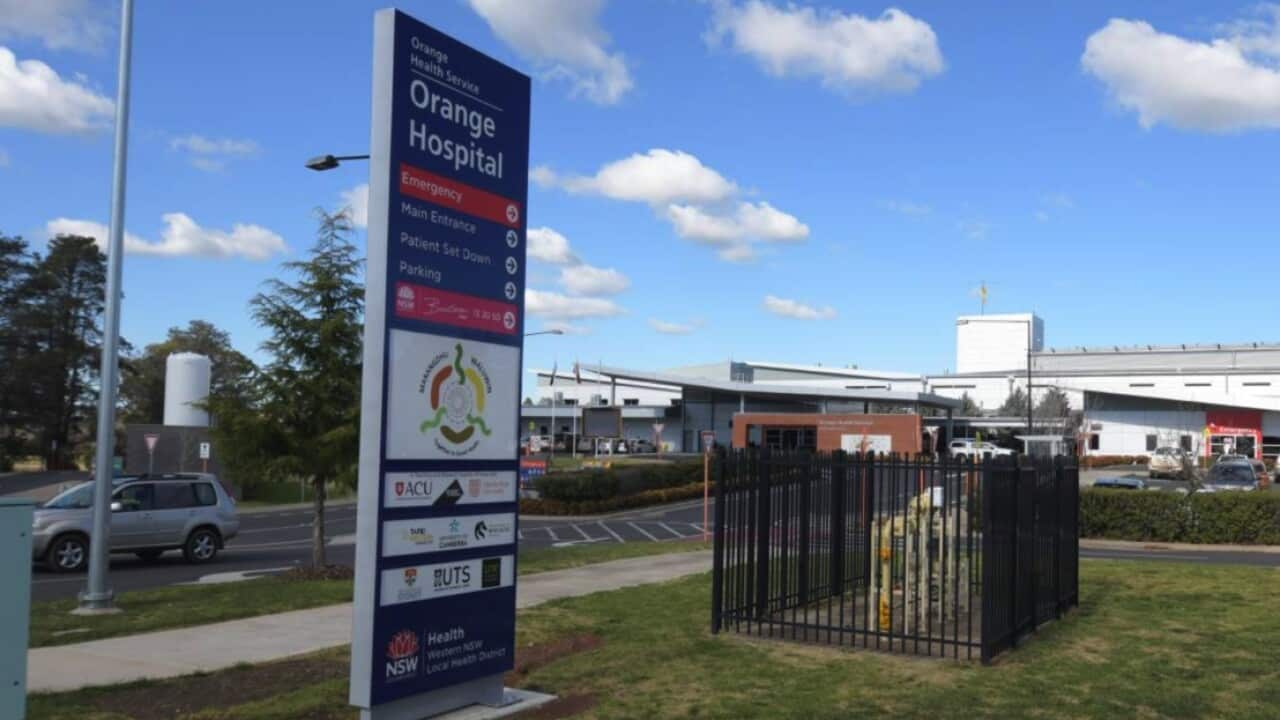One of Australia’s rarest marsupials, the brush-tailed bettong, has this week been reintroduced to South Australia’s Narungga country after being locally extinct for more than a century.
28 females and 12 males were translocated from nearby Wedge Island which sits off the coast of Yorke Peninsula, where a population of more than 1,500 brush-tailed bettongs live.
Narungga Elder Quenten Agius was a part of the project and said reintroducing the animals to Narungga would bring back the balance of what was once there, or close enough to it.
“The storyline... I talk about the stones that we’re sitting on and how they represent part of the storyline and these animals was created from the same storyline of this country,” said Mr Agius.
“Them little bettongs was vital to keeping the environment down (balanced) in certain areas.
“We’re gonna sing a new song that we never sung for a while for that animal that come back for his songline so that animal feels safe within the Country.”
Brush-tailed bettongs once occupied more than 60% of mainland Australia but introduced predators like feral cats and foxes, and habitat loss has pushed the species to the brink of extinction. The small marsupial has only survived in tiny pockets of Western Australia, offshore islands in South Australia and a handful of fenced sanctuaries.
The small marsupial has only survived in tiny pockets of Western Australia, offshore islands in South Australia and a handful of fenced sanctuaries.

The brush-tailed bettongs will be monitored via radio-tracking collars. Source: World Wide Fund for Nature (supplied).
Conservation Manager at Zoos SA, Dr Liberty Olds was part of the translocation from Wedge Island took more than 10 years to plan and execute.
“After more than a decade of planning, it was amazing to see brush-tailed bettongs bounding back into the bushland on Yorke Peninsula,” said Ms Olds.
“The bettongs were in really great condition.
“They didn’t have very many parasites and they had really good body condition so they’ve obviously been eating very well and most of the females had young onboard as well.
“We'll monitor their movements and, hopefully, see that they are thriving in their new home."
Also known as a Woylie, the species was selected as the first to be reintroduced to the southern Yorke Peninsula due to the important role it plays in ecosystems as ‘nature’s gardener’.
The marsupials spread native plant seeds and dig up between two to six tonnes of dirt and leaf litter each year, which improves water infiltration, nutrient cycling and helps native plants grow.
The pilot release was the first of several planned reintroductions, with 80 West Australian bettongs and 80 South Australian bettongs set for translocation over the next two years.










